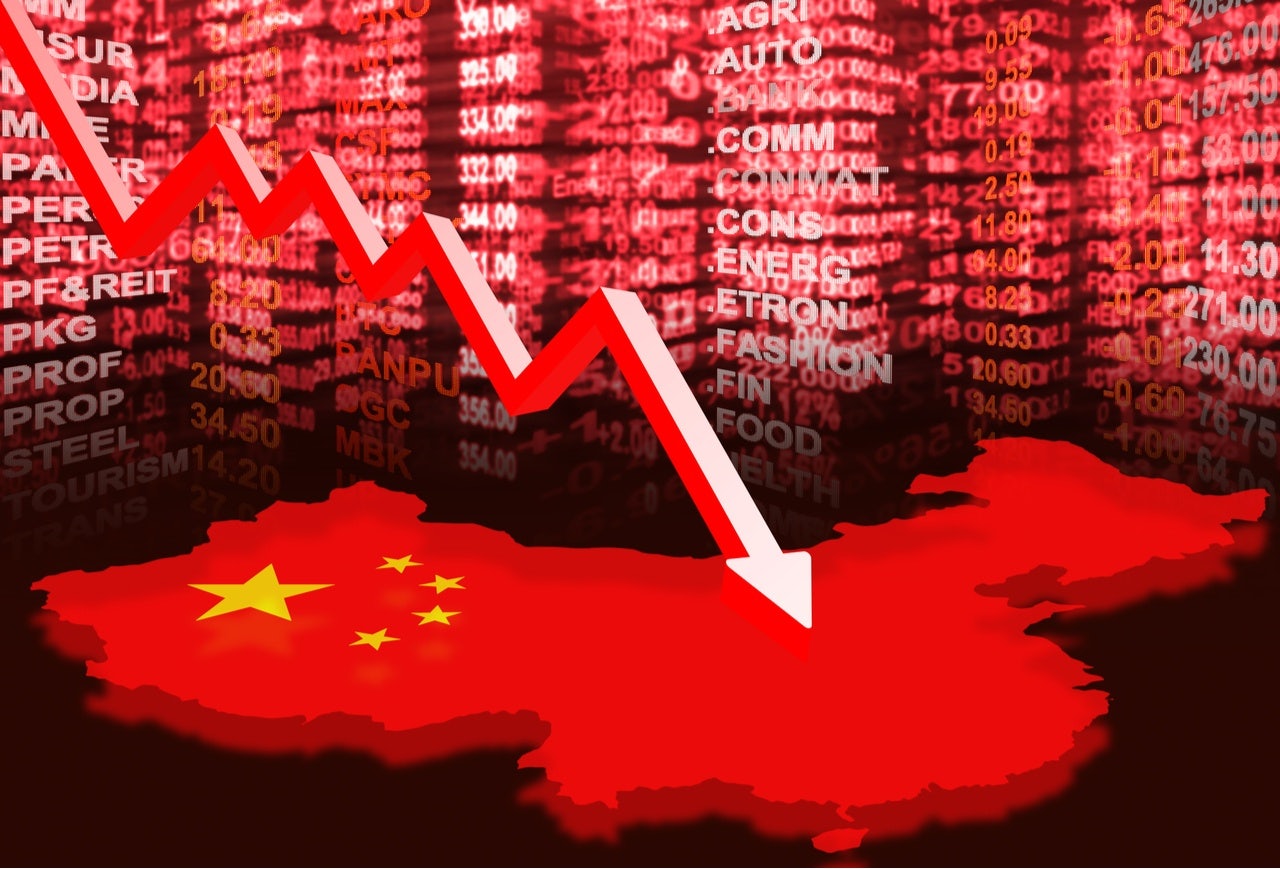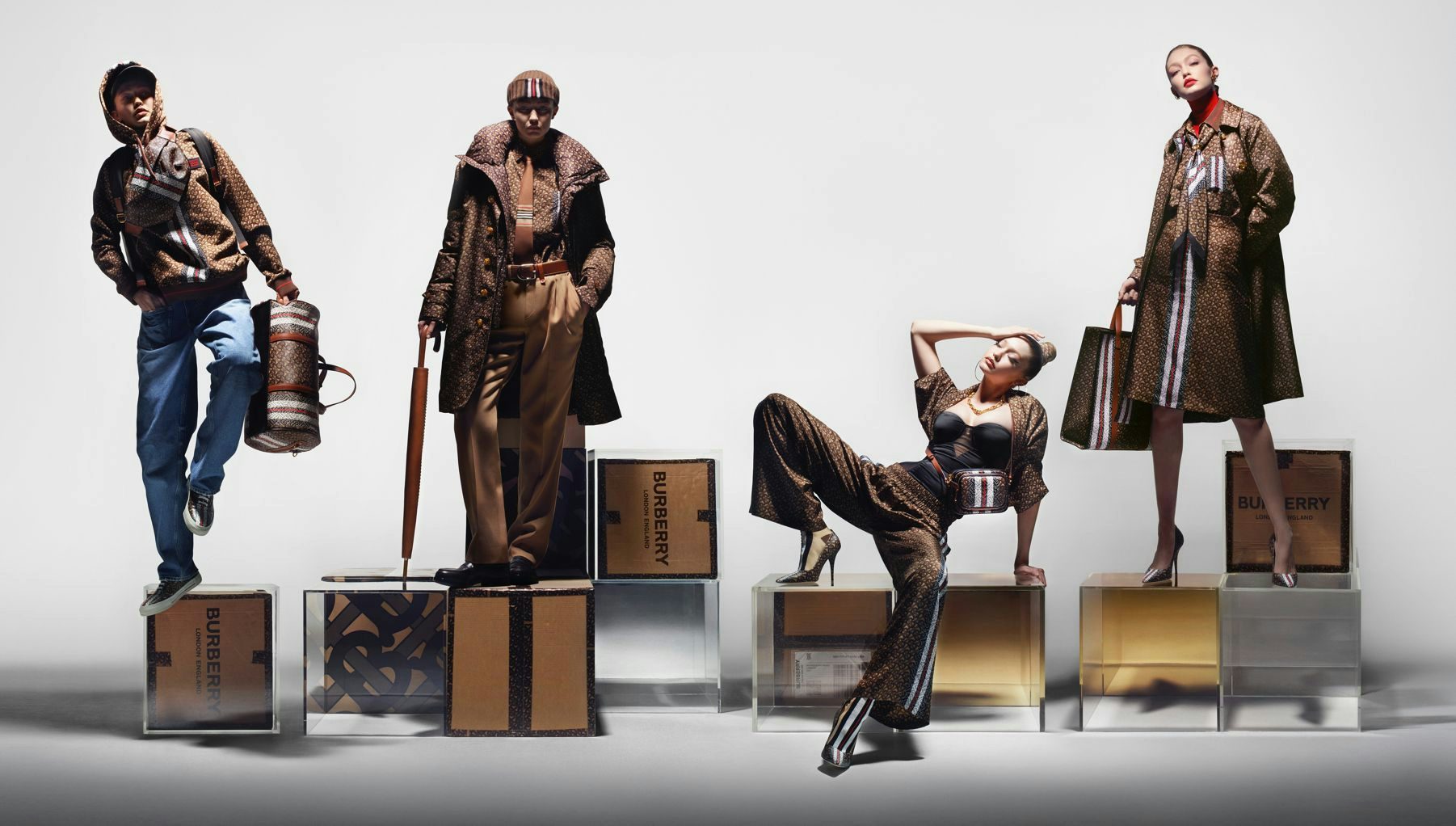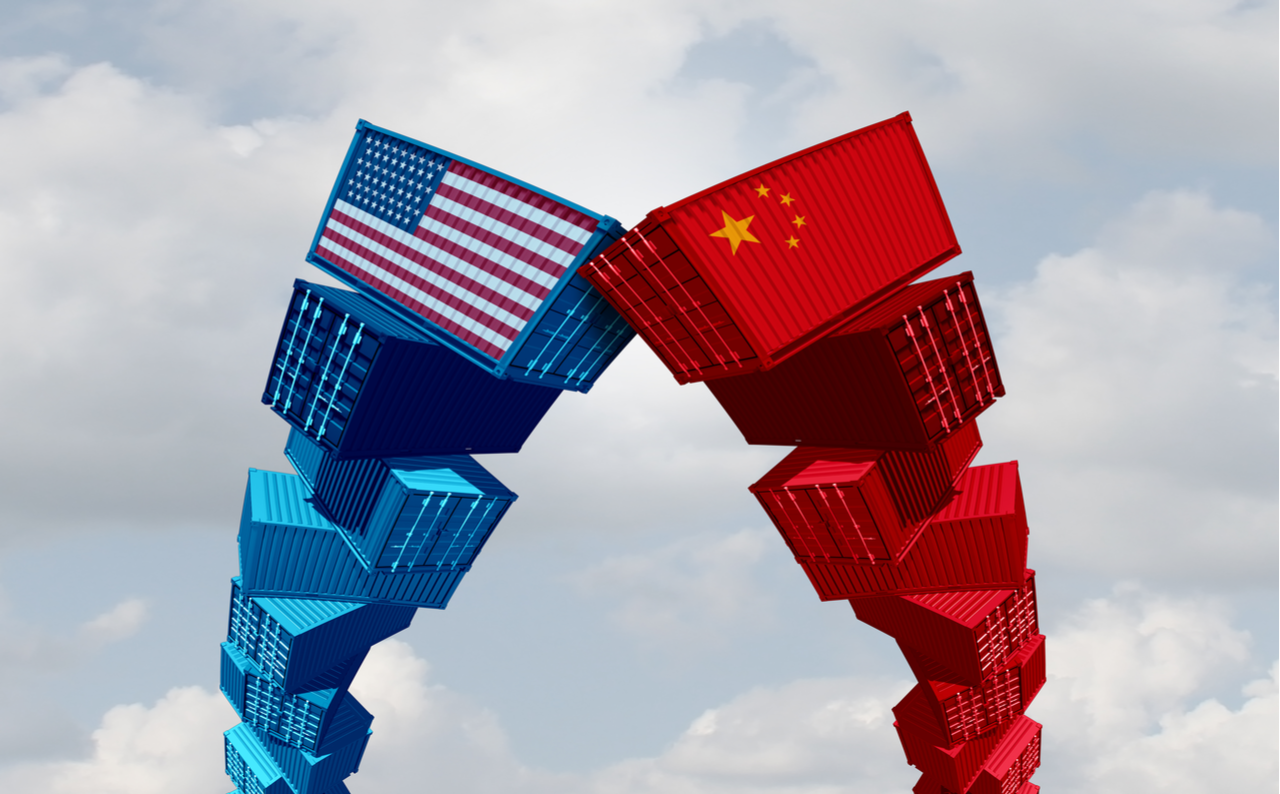China’s economic growth continues to slow, as the trade war with the United States drags on with the potential to adversely impact the luxury sector.
Despite 291 billion in tax cuts this year, the world’s second-largest economy grew just 6.2 percent in the second quarter – the slowest rate since the first quarter of 1992. Chinese consumers are one of the most valuable segments in the luxury business, and a prolonged slowdown in the country could have widespread repercussions.
“Even as China’s domestic consumption continues to grow, its overall economy is increasingly tied to global markets, and tends to react very quickly to external shocks,” said Renee Hartmann, co-founder of China Luxury Advisors. “The U.S. economy will also see a negative effect from the trade war, but the evidence will take longer to emerge.”
Slowdown not slowing#
Political and economic tensions between the world’s biggest economies have continued throughout the spring and summer months.
In April, the Chinese government reduced the value-added tax up to three percent, depending on industry, in an effort to reinvigorate the economy. As a result, luxury fashion labels such as Louis Vuitton and Gucci slashed suggested retail prices in mainland China.
The following month, U.S. President Donald Trump announced plans to roll out tariffs as high as 25 percent on Chinese imports. As retaliation, China raised the rate on imports for 60 billion of U.S. goods to 25 percent.
China’s quarterly results are an indication that the tariffs are having a real impact. Mr. Trump took credit for the slowing growth in China – down from the first quarter’s growth of 6.4 percent – through a series of tweets.
“China’s 2nd quarter growth is the slowest it has been in more than 27 years,” Mr. Trump tweeted. “The United States tariffs are having a major effect on companies wanting to leave China for non-tariffed countries.”
However, analysts also point to other factors in China, including an aging population.
“This [slowdown] is a continuation of a longer trend of falling growth rates, inevitable for a country that has grown at high rates for a couple of decades,” said Johan Gott, principal in the consumer and retail practice of A.T. Kearney and head of its Trade Wargaming initiative. “Add a trade war onto that, and it comes as little surprise.”
Although China’s net exports were responsible for more than 20 percent of the country’s GDP growth in the first half of the year, both exports and imports dropped in June.
“Looking at the bright side, the country’s economy is still growing and some higher-value-add sectors still see momentum,” said Charlie Poon, a Hong Kong-based analyst at Coresight Research. “The economy is undergoing a transformation.
According to Reuters, June’s retail sales increased 9.8 percent and auto sales jumped 17.2 percent. However, vehicle production declined 15.2 percent as car dealers try to move inventory ahead of new emission regulations.
Along with Europe, China is holding automakers to high standards on what comes out of the exhaust pipe. However, in the U.S. under the Trump administration, regulations are being pulled back, causing a rift in global demand.
Real estate investment was also a mixed bag for the Chinese economy. Year-over-year, investments increased 10.1 percent in June, but new home sales declined.
“So far, consumer spending has held up and might indeed be the engine that holds together the rest of the economy,” Mr. Gott said. “Also, most luxury products are not sourced from America and have not seen tariffs, but obviously as the impact of the trade war spreads, companies reduce output and lays off workers.”
Luxury stays strong#
Even with the slowdown in China's economy, luxury brands continue to invest there as Chinese affluents increase their spending on high-end goods.
“Luxury brands have relied on China for growth, so a slowdown in this region is problematic since there are not too many other regions that stand ready to pick up the slack,” Mr. Gott said. “Still, companies need to diversify and prepare for a longer-term conflict between the U.S. and China, with real impact on purchasing power.”
As luxury braces itself for a slowdown in sales from China, Burberry’s first-quarter results showed mid-teens percentage growth.
Luxury stock prices also rebounded in June, as luxury group LVMH revealed to analysts that there is still a strong demand for Louis Vuitton’s products in China. Also pointing to the continued strength of China, Estée Lauder’s sales in the region helped to propel its results.
“High-net-worth individuals are less impacted as of now,” Coresight’s Mr. Poon said. “On the other hand, there’s possibly an anti-U.S. sentiment that could result in consumers buying brands from elsewhere, including the local market.”
Ecommerce is especially important for luxury brands to make a splash in China.
Louis Vuitton, Bulgari, and Cartier successfully reach digitally savvy Chinese consumers by effectively leveraging influencer relationships and Eastern social media platforms
According to Gartner L2’s 2019 “Digital IQ Index: Luxury China” report, luxury adoption of Chinese e-commerce stores is on the rise. More than three-quarters of luxury fashion brands now have their own Chinese e-commerce shops, up from 58 percent in 2018.
“Luxury brands should take the current ‘crisis’ as an opportunity to innovate their mobile-commerce capabilities on Little Red Book and WeChat into truly global online-to-offline shopping experiences that capture Chinese consumers whenever they shop – inside of China or in hot destinations such as Italy and Spain,” Ms. Hartmann said.
This post originally appeared on Luxury Daily, our content share site.


